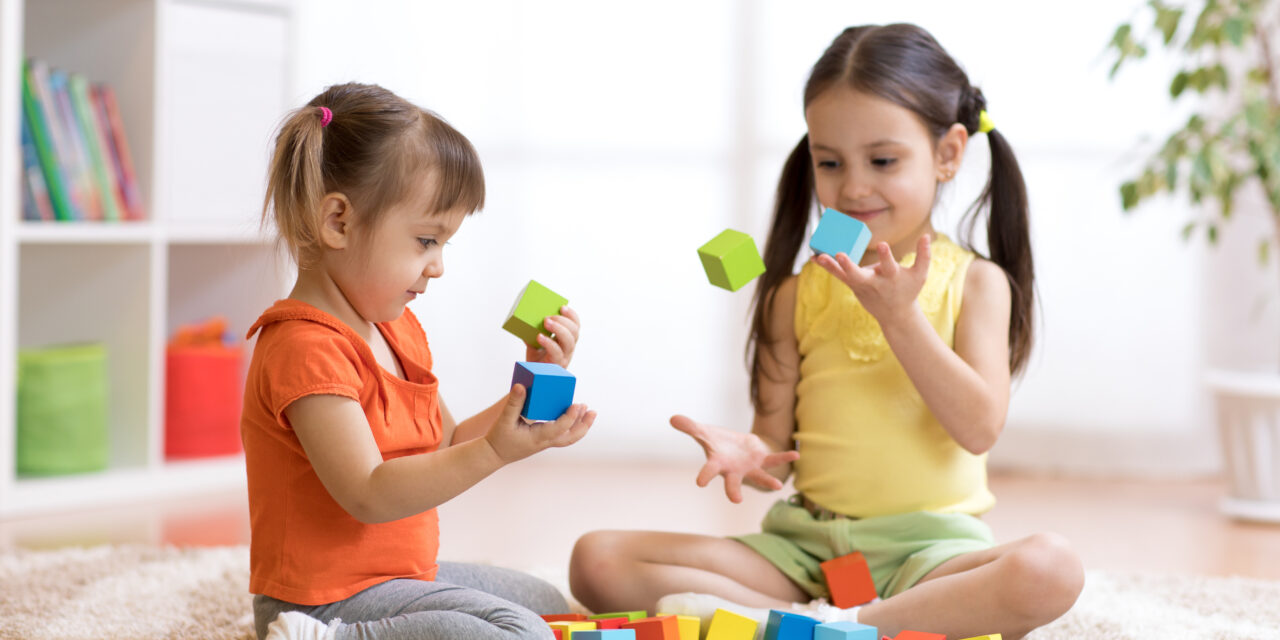We often allow our children to have playdates at our house with their friends. There is one particular friend that is extremely bossy and is often very rude to our daughter when she comes to our home. How do we handle correcting the child? Is it proper for us to address it with the child directly or should we involve the parents?
I would love to know how old these children are to know whether “bossy and rude” behavior are developmentally normal…
I will say this. Children should not be expected to follow the direction of an adult with whom they are not attached to. So, it is not our role to “discipline” or correct the behavior of our child’s playdate – even when they are playing with our child in our house. Of course, we absolutely should step in if there is a safety concern, but otherwise, in the situation you described, I see our role as coaching our own child on how best to assert themselves should a similar situation present in the future, as well as reflecting with our child by discussing what they noticed about their friend’s behavior and how they felt about it. This could present a beautiful opportunity to talk to our child about what makes a good friend, and how best to ensure children have fun when playing together.
With regards assertive skills coaching, again it depends on the ages of the children involved, and the specifics of the situation.
But we can provide children with a “script” to use in similar situations.
“I” messages can be helpful:
“I feel….” (Describe your feelings)
“When…” (what caused the feeling)
“I would like…” (explain what you need)
So, for example,
“I feel sad when I don’t get to have turns with the toy. I would like to share.”
When another child is treating our child unfairly it can be so hard not to step in and “fix” the situation. But we won’t always be available to do so. What is always more helpful in the long run is to identify gaps in the skills development of our own children and think of the best way to support them to navigate similar situations independently in the future.

















